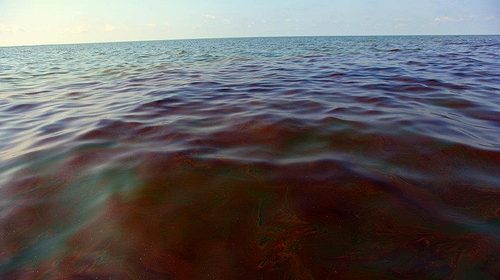The Greek ship operator, Angelakos Hellas SA, is ordered to pay $1.3 million fine and $200,000 community service payment for violating pollution laws, falsifying Records and scheming to defraud. The US Department of Justice announced that both the ship operator and the ship owner, Gallia Graeca Shipping Ltd, were found found guilty as vessel Gallia Graeca discharged oily waster on its voyage from China to Seattle; further false log books were given to USCG Inspectors.
According to records filed in the case and testimony at trial, a cargo ship named the M/V Gallia Graeca travelled from China to Seattle in October 2015. During the voyage, a pollution-control device known as an oil water separator was inoperable. On October 16, 26 and 27, 2015, the defendants discharged overboard approximately 5,000 gallons of oily bilge water. The defendants concealed these incidents from the Coast Guard by making false statements to inspectors, and making false statements and omissions in the ship’s oil record book. When Coast Guard inspectors asked the engineers to operate the oil water separator during the inspection, the engineers did so in such a way that the equipment appeared to be working properly even though it was not.
When Coast Guard inspectors examined the oil water separator they found its filters were clogged with oil and found oil residue in the overboard discharge piping. Records indicated the oil water separator had not been serviced for months prior to the voyage from China. The defendants presented the Coast Guard with an official oil record book stating that bilge water had not been discharged during the voyage to Seattle. However, the Coast Guard investigation discovered evidence that oily water had been discharged into the sea three times on its voyage from China.
Calling it “a voyage of deception and pollution,” prosecutors argued that the engineers tried to hide the pollution from the Coast Guard to avoid having the ship detained in Seattle. Keeping the ship on schedule was a benefit to the owners and operators who had a contract to move $25 million in goods out of Seattle. Shipping company executives had been in contact with the engineers about how they should present the log book for the Coast Guard inspection.
The companies were placed on five years of probation and required to have environmental compliance plans in place which will ensure they are abiding by anti-pollution policies and regulations.
Source: US Department of Justice































































